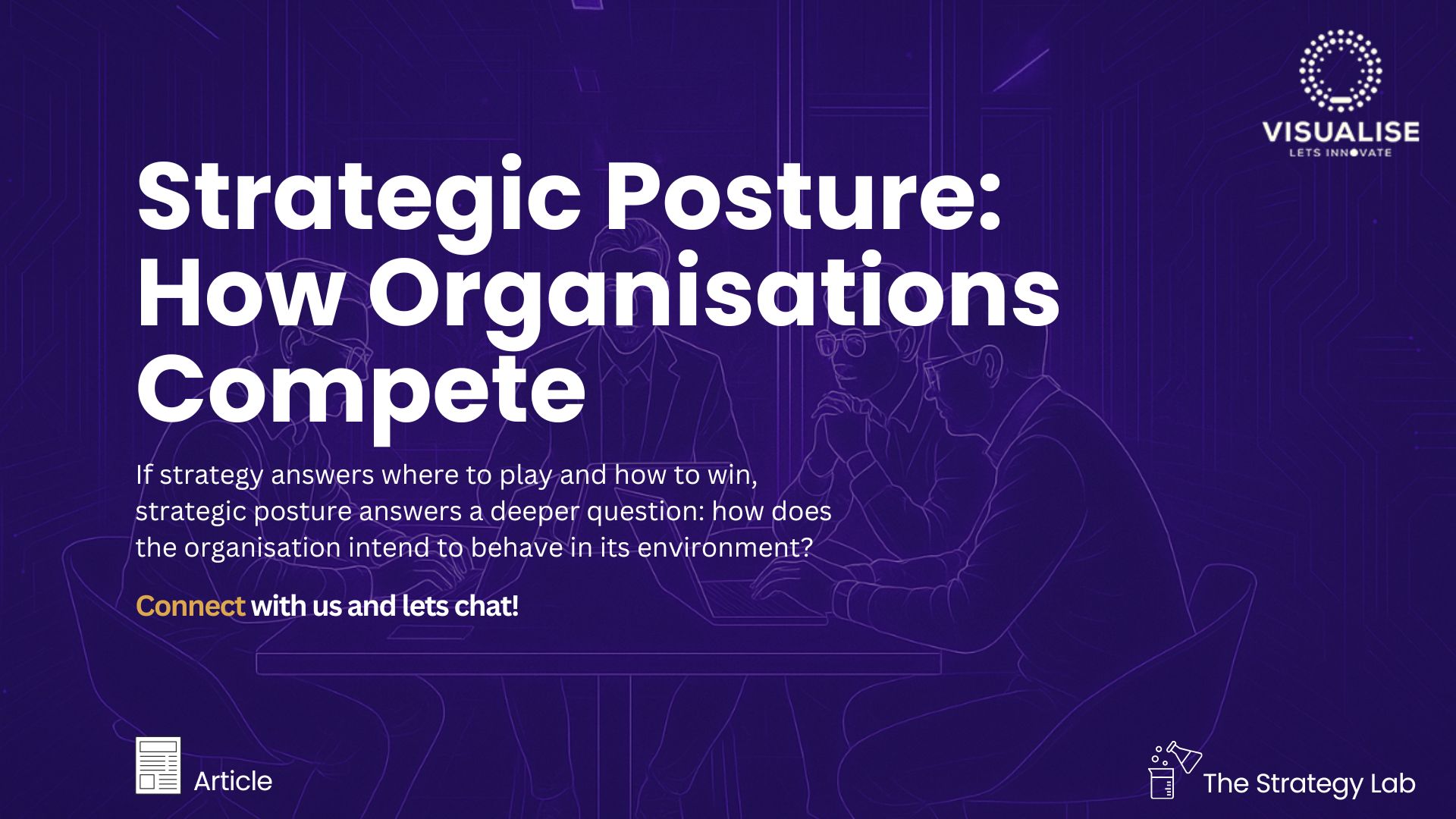Aug30

By CB Bowman (-Ottomanelli), MCEC, CVF, CVT, BCC, CMC
In a world filled with stories of superheroes and larger-than-life figures, we often overlook the quiet, everyday acts of courage that define our lives. While we might never don a cape or possess superhuman abilities, the concept of being our hero is within reach for each of us. This heroic journey starts with a fundamental trait: courage. But how does courage relate to being your own hero? To answer this question, we must delve into the nature of courage, its manifestations, and how it empowers us to take control of our narratives and shape our destinies.
The Essence of Courage
Courage is often mischaracterized as the absence of fear. However, true courage is not about being fearless; it's about facing fears head-on and taking action despite them. It's the resolve to move forward amid uncertainty, adversity, and potential failure. This resilience and bravery are the bedrock upon which we can build our heroism.
In the context of being your hero, courage manifests in various forms: the courage to be authentic, to take risks, to stand up for oneself, and to persist through hardships. Each form of courage is crucial in empowering us to take control of our lives and narratives.
Authenticity: The Courage to Be Yourself
One of the most profound acts of courage is the decision to be authentic. In a society that often pressures us to conform, embracing our authentic selves requires immense bravery. It means acknowledging our strengths and weaknesses, desires and fears, and presenting them honestly.
Being your own hero starts with this authenticity. It is about being true to yourself and not succumbing to external expectations or norms that don't align with your values. When you live authentically, you empower yourself to make decisions that reflect your desires and goals. This self-alignment fosters a sense of inner peace and confidence, which are essential for heroism.
Risk-Taking: The Courage to Leap
Heroes in stories often take leaps of faith, venturing into the unknown to achieve their goals. Similarly, being your hero requires the courage to take risks. Whether making recommendations to a board of directors, starting a new business, changing professions, or pursuing a passion, stepping out of your comfort zone is necessary for growth and fulfillment.
Risk-taking involves uncertainty and the possibility of failure. However, through these risks, we discover our potential and push the boundaries of what we thought possible. Every heroic journey is fraught with challenges and setbacks, but the courage to take that initial step and keep moving forward defines true heroism.
Self-Advocacy: The Courage to Stand Up for Yourself
Being your own hero also means having the courage to stand up for yourself. This involves asserting your needs, setting boundaries, and protecting your well-being. In many situations, this can be the most complex form of courage to muster, especially if you are accustomed to prioritizing others' needs over your own.
Self-advocacy is not about being selfish; it's about recognizing your worth and ensuring you are treated with respect and dignity. It's about having the strength to say no when necessary and to fight for what you deserve. This form of courage empowers you to take control of your life and steer it in your chosen direction rather than being swayed by external pressures.
Persistence: The Courage to Endure
Every hero faces obstacles, and the journey to being your own hero is no different. Persistence in the face of adversity is a critical aspect of courage. Life is unpredictable, and challenges are inevitable, but the ability to endure and continue striving toward your goals sets heroes apart.
Persistence requires a deep inner strength and the ability to maintain hope even when things seem bleak. It is about picking yourself up after failures, learning from mistakes, and moving forward. This resilience is the hallmark of heroism, demonstrating that courage is not a one-time act but a sustained effort over time.
The Hero's Journey: An Internal Odyssey
Joseph Campbell's monomyth, or the Hero's Journey1, outlines a universal pattern of adventure and transformation common to heroic narratives across cultures. This journey typically involves a call to adventure, facing trials, receiving assistance, undergoing transformation, and ultimately returning home with newfound wisdom.
In our own lives, we can see parallels to this heroic journey. The call to adventure might be a significant life change or a deep-seated desire for something more. The trials are the challenges and fears we face along the way. Assistance can come from mentors, friends, or even internal resources we didn't know we had. Transformation occurs as we overcome obstacles and grow from our experiences.
By viewing our lives through the lens of the Hero's Journey, we can better understand how courage plays a pivotal role in our personal growth and self-actualization. Each stage of the journey requires different forms of courage, and embracing this process helps us become the heroes of our own stories.
Everyday Acts of Micro Courage©️ Equal Heroism
While grand gestures of courage are often celebrated, everyday acts of micro courage©️ are equally significant. These small, consistent actions define our character and shape our lives. It's the courage to speak up in a meeting, to reach out for help when struggling, or to support a loved one in need. These moments may seem mundane, but they are the building blocks of heroism. For instance, standing up to a bully, speaking out against injustice, or even being kind in a problematic situation are all acts of heroism.
Recognizing and celebrating these everyday acts of courage can empower us to strive for greatness. By acknowledging the bravery in our daily lives, we build a foundation of confidence and resilience that prepares us for more significant challenges.
Cultivating Courage
Courage is not an innate trait but a skill that can be cultivated and strengthened over time. Here are some strategies to develop and harness your courage:
1. Self-Reflection: Regularly reflect on your values, goals, and fears. Understanding what matters to you and what holds you back is the first step towards courageous action. This introspective process allows you to become more self-aware and understand the areas where you must cultivate courage.
2. Set Small Goals: Start with small, manageable goals that push you out of your comfort zone. Each small victory builds your confidence and prepares you for more significant challenges.
3. Embrace Failure: View failure as a learning opportunity rather than a setback. Each failure brings valuable lessons and insights that contribute to your growth. For example, if you fail at a task, view it as a chance to learn and improve instead of seeing it as a personal shortcoming. This shift in perspective can help you build resilience and courage in the face of adversity.
4. Seek Support: Surround yourself with supportive people who encourage and inspire you. A solid support network provides a safety net and boosts confidence.
Practice Self-Compassion: Be kind to yourself and recognize that courage is a journey with ups and downs. Treat yourself with the same compassion you would offer to a friend. This self-compassion provides a comforting reassurance that it's okay to stumble on the path to courage, as long as you keep moving forward.
Being your own hero is a powerful and transformative concept. It involves embracing courage in its many forms—authenticity, risk-taking, self-advocacy, and persistence. By understanding and cultivating courage, we empower ourselves to take control of our lives and narratives. The journey of heroism is not reserved for fictional characters; it is a path open to each of us, marked by everyday acts of bravery and resilience. By embracing courage, we can become the heroes of our own stories, shaping our destinies and inspiring those around us.
By CB Bowman
Keywords: Coaching, Leadership
 What Leaders Should Be Losing Sleep Over (But Aren’t)
What Leaders Should Be Losing Sleep Over (But Aren’t) Energy System Resilience: Lessons Europe Must Learn from Ukraine
Energy System Resilience: Lessons Europe Must Learn from Ukraine HR Is Designed to Maintain. Succession Planning Demands It Transform.
HR Is Designed to Maintain. Succession Planning Demands It Transform. AI and Embedded Connectivity: A New Era of Smart Devices
AI and Embedded Connectivity: A New Era of Smart Devices Strategic Posture: How Organisations Compete
Strategic Posture: How Organisations Compete